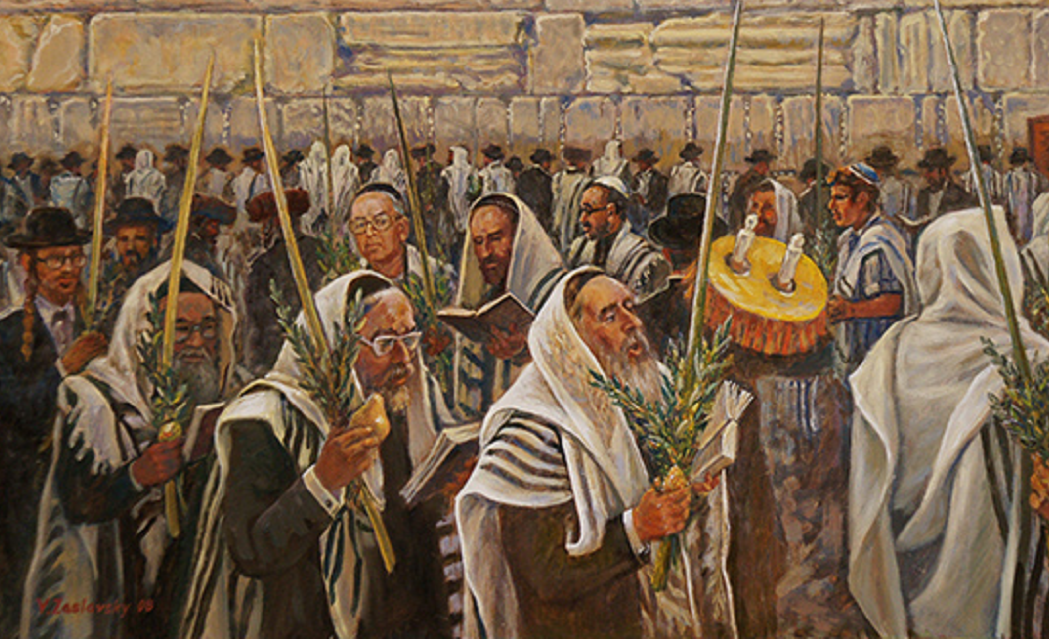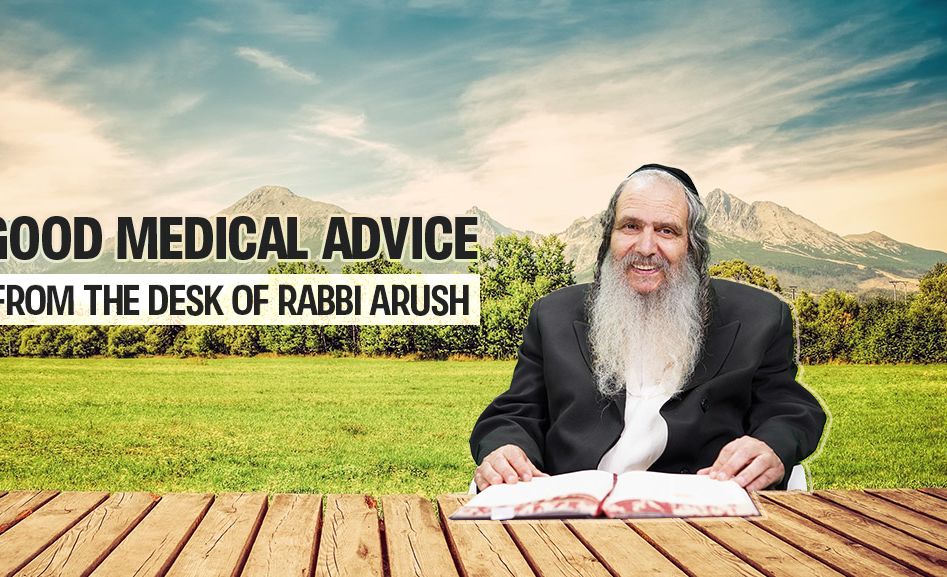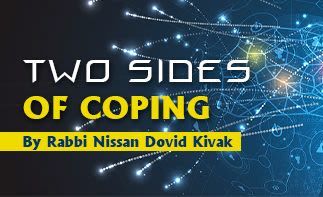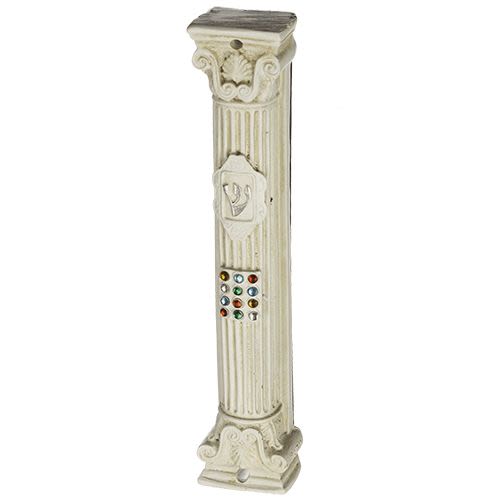
Sichot HaRan: A Man of Faith
A man of faith believes in God and has a very good life. When trouble strikes, his faith still inspires him. He trusts in God and knows that everything is for the best.

Translated by Breslev Israel Staff
Discourse 102 from “Sichot HaRan”
I heard in Rebbe Nachman’s name about the passage that states, “He looks at no sin in Jacob and He sees no evil in Israel, the Lord his God is with him, and the King’s trumpet blast is within him” (Numbers 23:21). I forgot the Rebbe’s main idea, but I do remember how the Rebbe explained the end of the passage, “the King’s trumpet blast is within him”.
 A trumpet blast is a TeRuAh. This literally means breaking. Thus it is written, “You shall TeRoAm (break them) with an iron staff” (Psalms 2:9). Take the verse, “The King’s trumpet blast is within them”. Substitute the literal meaning and the verse then reads, ‘The broken pieces, the King is in them”.
A trumpet blast is a TeRuAh. This literally means breaking. Thus it is written, “You shall TeRoAm (break them) with an iron staff” (Psalms 2:9). Take the verse, “The King’s trumpet blast is within them”. Substitute the literal meaning and the verse then reads, ‘The broken pieces, the King is in them”.When atheism is smashed, the King is in the broken pieces. The Divine King is even in atheism, for His life-giving power permeates all things.
The Rebbe said that the agnostics have no life, even in this world. As soon as things go against them they are left with nothing. They depend completely on nature and have no place to turn. When troubles strike, they are left without any source of inspiration.
A man of faith believes in God and has a very good life. When trouble strikes, his faith still inspires him. He trusts in God and knows that everything is for the best. If he must suffer, he realizes that it will atone for his sins. If this is not necessary, these troubles will ultimately bring him a much greater benefit. No matter what happens, he realizes that God ultimately only does good. The man of faith therefore always has a good life, both in this world and the next.
The agnostics, however, have no life, neither in this world nor the next. It is well known that their lives are always filled with suffering. No matter what happens, things never seem to go their way. Actually, it is impossible that it should, for they have chosen this world, a realm of suffering and trouble. All that their chosen world has to offer them is pain and worry.
This world never gives a man all that he desires. He who ignores his true purpose and seeks worldly pleasure will only find a world filled with suffering. He will constantly encounter trouble and anxiety, and through it all, will have nothing to console him.
If you have faith, you have hope in the World to Come. You therefore have a very good life. You know that all things are good. Even your suffering is for the best, either to remind you to repent or to atone for your sins. Ultimately, it all will allow you to attain the everlasting good of the Future World.
You may suffer because of your faith. The sins and other wrongs you may have committed may cause you great anguish. You may suffer the greatest agonies of regret. Still, this is for your good.
It is written, “The fear of God increases one’s days” (Proverbs 10:27). The agony of regret is not evil, for it increases your days and adds to your life. A man’s troubles and anxieties shorten and destroy his life. The agnostics therefore have no life, for their troubles and anxieties destroy it completely. But “the fear of God increases one’s days.” When a man’s troubles and anxieties stem from his fear of God, they actually add to his life.
One may have great pain when regretting his sins. He may contemplate God’s greatness and cringe because of his wrongdoings. Or he may recall that God punishes, and tremble with anxiety. In either case, his suffering comes from your fear of God and is included in the verse, “The fear of God increases one’s days.” This is suffering and anxiety that adds to your life.
If one is a person of faith, he will find it easier to repent. True repentance must be teshuvat hamishkal [proportionate penitence]. It must include pain and suffering in equal measure to the enjoyment derived from the sin. If one truly believes in God, he can never have perfect enjoyment from any sin.
Whatever wrong one does will be full knowledge that it will lead to ultimate bitterness. A believer is aware of the severe and bitter punishment for each sin, and is filled with regrets even while sinning. He may be overcome by temptation, but his enjoyment is minimal. It is therefore very easy for him to repent and balance out his pleasure. He need not endure any suffering, for the pleasure from his sin was never very great.
The person engaged in philosophy will find repentance very difficult. He has been well taught to sin without guilt or remorse and does not suffer when he transgresses. His repentance must therefore balance this unmitigated pleasure.
Look carefully in the Shl”a in the section called Masechet Shavuot. There you will find the stern prohibition against becoming involved in philosophy. He writes that one who studies philosophy can lose his portion in the World to Come. He also quotes the opinion of many earlier sages, all agreeing that this is among the worst possible sins. This is also discussed in many other sacred works.












Tell us what you think!
Thank you for your comment!
It will be published after approval by the Editor.